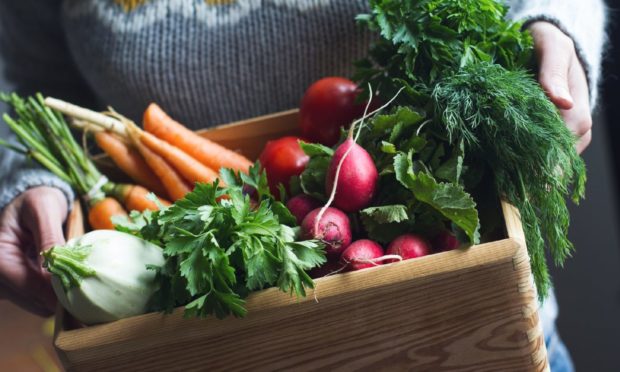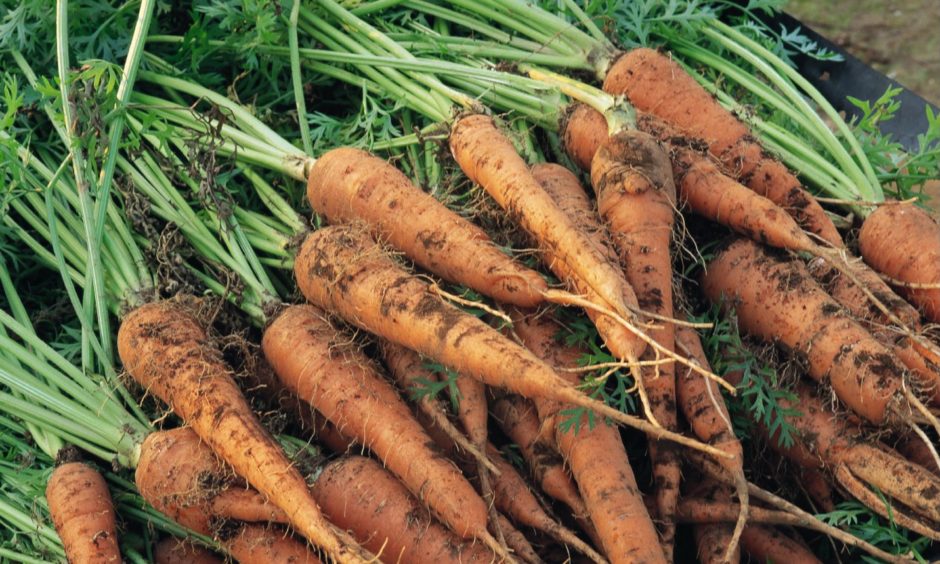The EU has launched a new programme to drive an expansion of organic farming.
It has an ambitious target for this to represent 25% of farm land by 2030. This is one of the central features of its Green Deal and Farm to Fork strategies, and it will see additional resources pumped into organic farming and food promotion.
This latest plan covers 2021 to 2027 and is based around a big expansion of the EU’s organic logo, designed to counter criticism that some organic imports are of poor quality.
Brussels says its goal is to expand demand and confidence amongst consumers and to then ensure farming is equipped to meet that growing demand. The 25% target remains a huge challenge, which would demand large scale conversion of land to organic.
The main organic producers are Spain, France and Italy – but Germany is the biggest consumer market for organic food.
Meanwhile, in a bold but potentially risky move Boris Johnson has made the person who negotiated the Brexit trade deal responsible for relations with Brussels.
David Frost has been given a seat in the cabinet, and is expected to adopt a tougher line with Brussels than Michael Gove, who has been steering political relations with the European Commission.
The test now is whether Frost’s harder edge will deliver the compromises needed for the trade deal to work. To date most of the problem with the trade deal relate to UK exports to the EU, while trade is flowing more easily from the EU into the UK.
Overcoming those problems demands tact and despite Frost’s background as a diplomat, he may be seen in Brussels as Johnson’s Brexit enforcer, with potentially negative consequences. Ironically, given that Brexit was to be about escaping decisions by unelected officials the key players are now just that – Frost on the UK side and Michel Barnier on the EU side, as special adviser on Brexit to the European Commission president, Ursula von der Leyen.
While global food prices are rising, the body that represents European farm lobby groups and cooperatives, Copa-Cogeca, has warned of some difficult months ahead in Europe.
This, it says, is down to a mixture of Covid restrictions, animal health issues and the fallout from the trade deal with the UK. It says business is continuing to be hit by the decimation of high value catering and food service outlets because of the closure of restaurants, hotels and tourism.
COPA says lack of agreement on mutual acceptance of standards – equivalence – between the UK and EU is damaging some sectors, citing seed potatoes as an example. However it says trade flows from the EU-27 to the UK have faced less than expected disruption after Brexit – a view that is not reflected in the UK.

